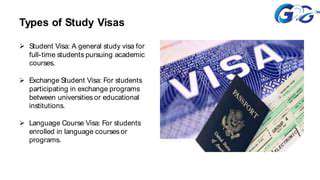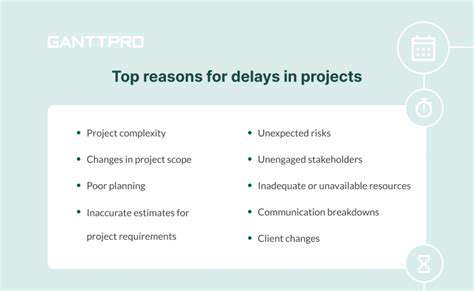Understanding Different Types of Travel Visas

Work Visas: Embarking on a Career Abroad
Understanding the Different Types of Work Visas
Work visas are crucial for individuals seeking to pursue careers abroad. They allow temporary or permanent residency in a foreign country for the purpose of employment. Navigating the complexities of various work visa programs can be daunting, requiring thorough research and careful planning. The specific requirements and procedures vary significantly depending on the destination country and the type of work being undertaken.
There are numerous types of work visas, each tailored to specific industries, professions, and employment situations. Some visas are designed for skilled workers, while others are geared towards seasonal or temporary positions. Understanding these distinctions is essential for selecting the appropriate visa category.
Eligibility Criteria and Application Procedures
Each work visa program has specific eligibility criteria that applicants must meet. These often include educational qualifications, professional experience, language proficiency, and health requirements. Understanding and fulfilling these criteria is critical for a successful application. The application process also involves gathering substantial documentation, including resumes, educational certificates, and proof of financial resources.
Application procedures also vary by country. Applicants must adhere to the specific guidelines and deadlines set by the relevant immigration authorities. This includes submitting the application form, supporting documents, and any required fees. Delays or errors in the application process can potentially impact the approval time.
Skilled Worker Visas: A Pathway to Professional Opportunities
Skilled worker visas are designed to attract and retain qualified professionals in high-demand sectors. These visas often require specific qualifications and experience in a particular field, and the specific requirements vary considerably between countries. For example, some countries may prioritize skilled workers in technology or healthcare, while others might focus on sectors such as engineering or hospitality.
Seasonal Work Visas: Temporary Employment Opportunities
Seasonal work visas allow individuals to work temporarily in a foreign country during specific periods, typically related to agricultural or tourism industries. These visas are often granted for a limited duration and are tailored to the needs of the host country during peak seasons. Understanding the specific duration and requirements of these visas is important for planning accordingly.
Investor Visas: Fostering Economic Growth
Investor visas attract individuals who intend to invest capital in a foreign country. These visas often provide a pathway to residency and citizenship, and the specific requirements vary significantly depending on the country and the amount of investment. The benefits and implications of these visas should be carefully evaluated by potential applicants.
Student Visas: Combining Education and Employment
Student visas offer a unique opportunity for individuals to pursue higher education while potentially gaining experience through part-time work or internships. These visas typically come with limitations on working hours and often require maintaining a certain academic standard. The regulations surrounding work authorization for students are crucial to understand and adhere to.
Challenges and Considerations in Obtaining Work Visas
Obtaining a work visa involves navigating numerous challenges, including complex application procedures, stringent eligibility criteria, and potential delays in processing. Understanding the potential hurdles, such as language barriers, cultural differences, and legal complexities, is crucial for a successful outcome. Seeking professional guidance from immigration consultants or legal experts can be immensely helpful in navigating the process.










![Luxury Family Vacation Ideas [Worldwide Destinations]](/static/images/27/2025-07/LuxuryCaribbeanCruisesforSun-KissedRelaxation.jpg)
